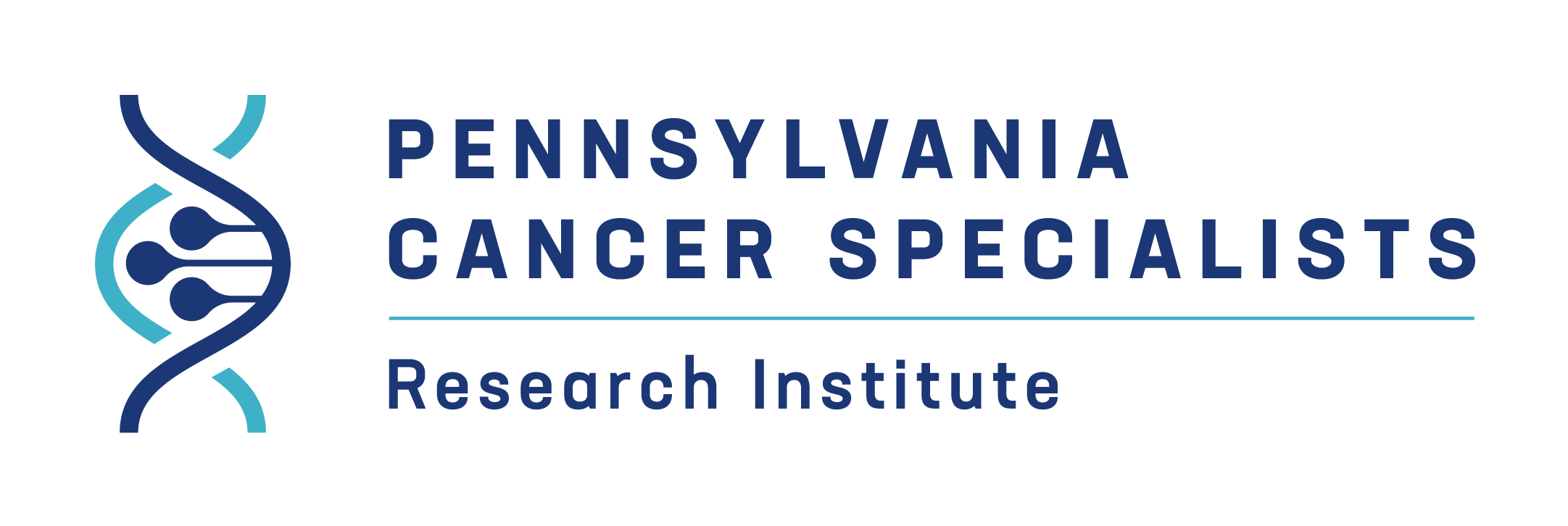Turning a Cancer Diagnosis into Clarity and Confidence
October is National Health Literacy Month, a reminder that quality cancer care isn’t only about treatments, but also about helping patients truly understand their diagnosis and options. Navigating a cancer diagnosis often involves learning unfamiliar medical terms, weighing complex treatment choices, and making difficult decisions under emotional stress. Clear, accessible communication can make the difference between confusion and confidence, empowering patients to take an active role in their care.
The Underestimated Importance of Health Literacy
Health literacy: the ability to access, understand, evaluate, and use healthcare information is critical for anyone facing a cancer diagnosis. Low health literacy has been linked to:
- Poorer quality of life in cancer patients
- Difficulty understanding and processing complex diagnosis and treatment information
- Greater challenges participating in shared decision-making
- Risks of miscommunication leading to errors in treatment adherence
In fact, research shows that patients with higher health literacy survive nearly nine months longer on average than those with lower literacy levels, across various cancers.
Common Barriers to Understanding
When someone hears “You have cancer,” the emotional impact alone can make everything hard to process. Beyond that, barriers include:
- Complex medical jargon and densely written materials
- Reading levels that exceed typical comprehension, many health documents are at a high school senior level or above
- Sociodemographic challenges such as older age, limited education, low income, or limited English proficiency
- Institutional gaps like rushed conversations and unclear handouts
These obstacles can leave patients confused and anxious when they most need clarity.
Why It Matters – Especially in Cancer Care
Patients with low health literacy are less likely to stick to screening schedules, understand treatment plans, or manage follow-up care effectively. Cancer diagnoses are emotionally intense, patients often must weigh surgery, chemotherapy, or radiation with little room for mistakes. Misunderstanding can lead to delayed treatment or poor adherence.
What You Can Do This Health Literacy Month
Whether you’re a patient, caregiver, or provider, here’s how to make communication count:
- Ask questions: repeat them back in your own words to make sure everyone is clear.
- Request plain-language explanations of your diagnosis, treatment options, and side effects.
- Bring a trusted friend or family member to appointments to help take notes, ask questions, or offer support.
For providers: slow down, simplify your language, and confirm understanding through teach back.
Cancer is hard enough. Health literacy shouldn’t make it harder. This October, during Health Literacy Month, we want to help build bridges so that every person facing a cancer diagnosis can feel heard, understood, and empowered to act.
At PCSRI, we strive to provide clear, compassionate communication and support. If you or a loved one is navigating a cancer diagnosis, we’re here to walk every step with you.


